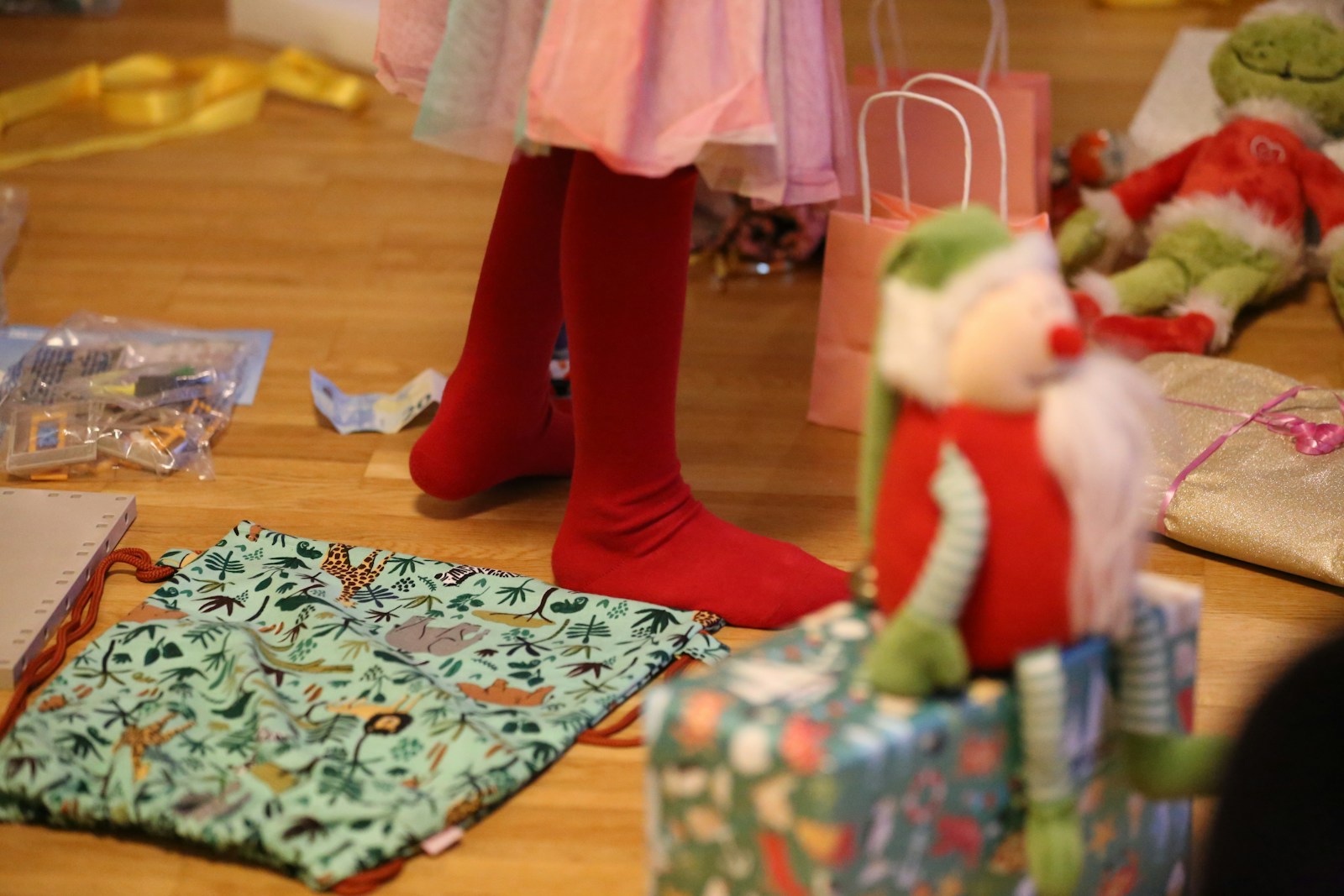
saison

season
The French word for season is 'saison'. It is mainly used to refer to the four periods of the year (spring, summer, autumn and winter) and can also be used in the context of fruits or vegetables to refer to their growing or harvesting period. Unlike in English, the 'saison' is not used to refer to parts of a TV series.
Example sentences using: saison
La saison des pluies en France commence souvent en novembre.

The rainy season in France often starts in November.
This sentence refers to the 'saison des pluies', which means the rainy season. In France, this usually begins in November.
La saison de ski est ouverte.

The ski season is open.
In this phrase, 'saison de ski' means ski season. This is used to announce that it is currently the period of the year when skiing activities are typically performed.
C'est la saison des festivals de musique.

It's the season for music festivals.
This sentence is talking about the 'saison', or period, when music festivals typically take place.
La recette dépend de la saison des légumes.

The recipe depends on the season of vegetables.
This phrase is talking about cooking a recipe that changes depending on the 'saison' (or season) and the types of vegetables that are in season.
C'est la saison des cerises.

It's cherry season.
This phrase announces that it's the season, or 'saison', where cherries are normally harvested and widely available.
La saison de baseball commence en avril.

The baseball season starts in April.
In this sentence, 'saison de baseball' refers to the period of the year when baseball matches are typically held. In this case, it starts in April.
Cette série télévisée a trois saisons.

This television series has three seasons.
Here, 'saisons' refers not to periods of the year, but to segments of a television series. It is stating that the TV show is divided into three parts, or seasons.
C'est la meilleure saison pour visiter Paris.

It's the best season to visit Paris.
This phrase is suggesting a specific 'saison', or time of the year, as the best for visiting Paris.
La saison des allergies est difficile pour moi.

Allergy season is hard for me.
In this phrase, 'saison des allergies' refers to a period of the year when allergies flare up, which can be challenging for those who suffer from them.
J'aime toutes les saisons, mais l'été est ma saison préférée.

I like all seasons, but summer is my favorite season.
This phrase talks about a personal preference concerning the four seasons of the year. In French, the word for season is 'saison', and here the speaker is expressing that out of all the 'saisons', summer ('l'été') is their favorite.